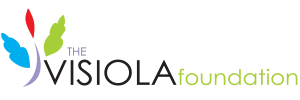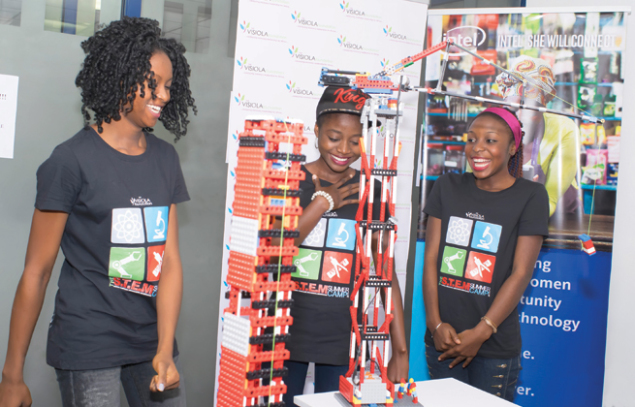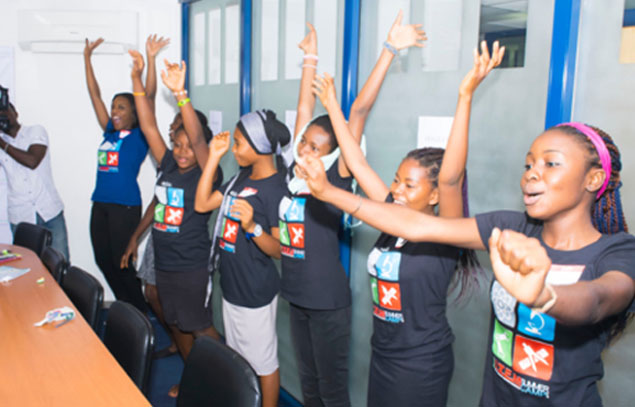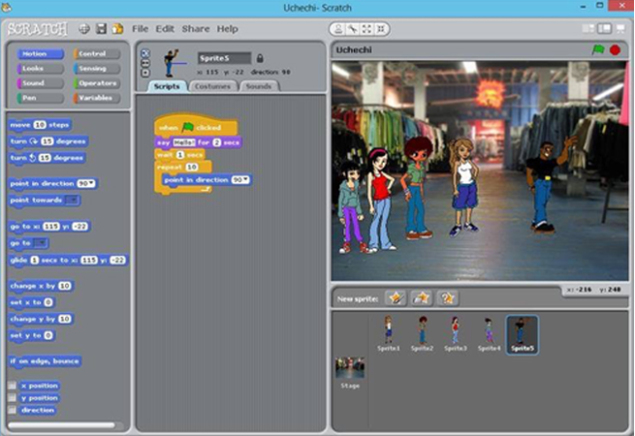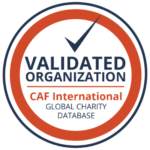the visiola foundation e-newsletter
Issue Q3, 2015
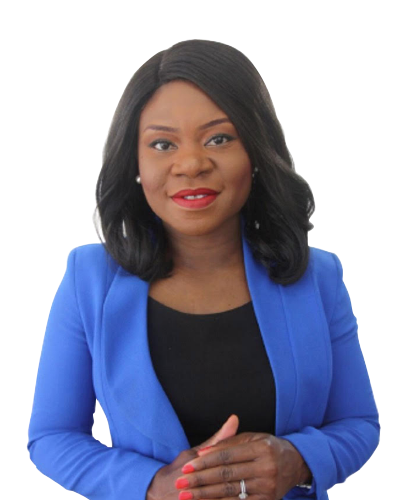
Ladé Araba
Founder and President of the Visiola Foundation
Founders' Corner
September 25, 2015 was a historic day! It witnessed the adoption of the 2030 Agenda for Sustainable Development, including the Sustainable Development Goals (SDGs), by more than 150 world leaders at the United Nations Sustainable Development Summit in New York.
The SDGs are especially significant since, unlike the Millennium Development Goals (MDGs), they provide a global set of targets to make the world a better place – for everyone; not just developing countries. Industrialized nations such as the United States are therefore equally committed to ensuring equitable and sustainable growth for all citizens, as are African countries.
The Visiola Foundation is especially pleased to note that the SDGs place particular emphasis on: (i) promoting equal access to quality technical, vocational, and university education to marginalized people, while expanding access to scholarships for study in the STEM fields; (ii) promoting the use of enabling technology to empower women; and (iii) enhancing scientific research, technical capabilities, and domestic technology development, while stimulating innovation, greater investment in research and development (R & D), and industrialization.
These are important goals that also drive the Visiola Foundation’s underlying mission and which inform its targeted programs and activities. We are delighted that our interventions are already contributing to the attainment of the SDGs and we look forward to assessing our impact in the critical benchmark years of 2020 and 2030. If you haven’t already, consider partnering with us to boost STEM leadership, innovation, and local technical capacity building across Africa. There are numerous ways in which you can invest in Africa’s future innovators. Send us an e-mail message – info@visiolafoundation.org – if you would like to become a mentor, make a donation, become a Corporate Sponsor, give a one-time gift, or to volunteer. No investment is too small!
We had an exciting summer with the STEM Camp for teenage girls! We also interviewed candidates from northern states in Nigeria, including Kaduna, Kano, and Jigawa, for the Visiola Foundation’s Scholarship Programs. We were humbled by the zeal of these girls who have defied societal norms and expectations by seeking a university degree, instead of getting married and settling down to life as wives and mothers as young women in their late teens and early 20s. We are delighted to empower them through scholarships and direct mentoring to enable them to achieve their dreams.
Take a walk with us as we review our activities during the third quarter of the year.
Happy reading!
Ladé
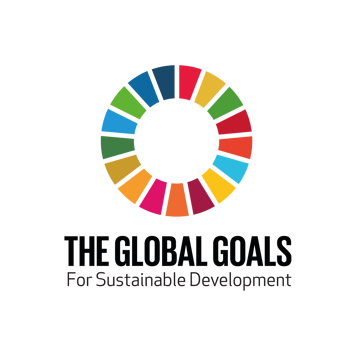
In Perspective – The Sustainable Development Goals
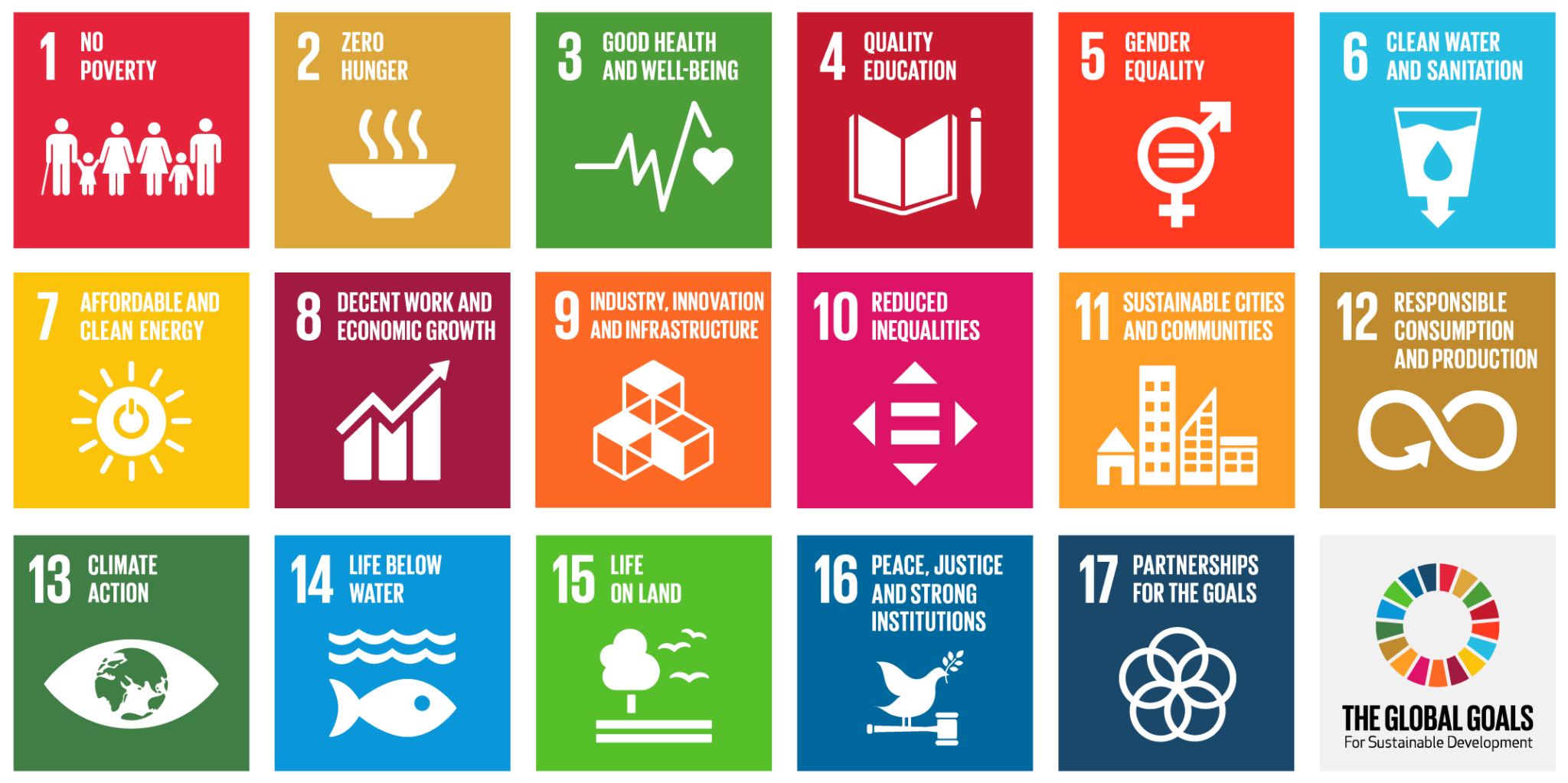
Goal 4: Quality education
Sustainable Development Goals
BY 2020: Expand scholarships for science and tech education.
BY 2030: Equal access to quality technical, vocational, and university education.
The Visiola Foundation’s Goals
BY 2020: Scholarships for 1,000 female African students to pursue STEM education.
BY 2030: Contribute to reductions in the gender divide especially in technical and STEM university education.
Goal 5: Gender equality
Sustainable Development Goals
Equal opportunities for leadership and equal access to economic opportunities.
Use of enabling technology to promote women’s empowerment.
The Visiola Foundation’s Goals
Educated female STEM professionals with cutting-edge technical skills with access to better employment, leadership, and economic opportunities.
Women trained and certified in leading IT and Computer Applications accessing higher income earning jobs.
Goal 9: Industry, Innovation, Infrastructure
Sustainable Development Goals
Build resilient infrastructure, promote inclusive + sustainable industrialization + foster innovation.
Upgrade technical capabilities, scientific research, domestic technology development + research and development.
The Visiola Foundation’s Goals
Enhanced technical capabilities to stimulate innovation and the development of local solutions to energy and infrastructure challenges, among others.
Investment in research and development and STEM fields to boost local development.
Meet our 2015 Science Scholars!
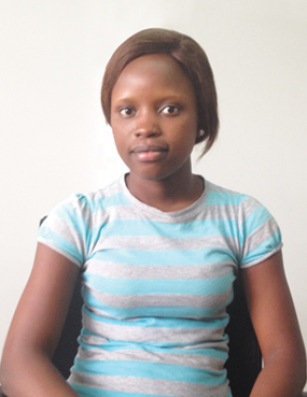
“I organized a study group with my class mates to ensure we studied hard and passed our exams. I know how important education is. I dream of owning a research laboratory in the future.”
Darasimi
Faculty of Science
Lead City University (LCU)
BSc Expected in 2019
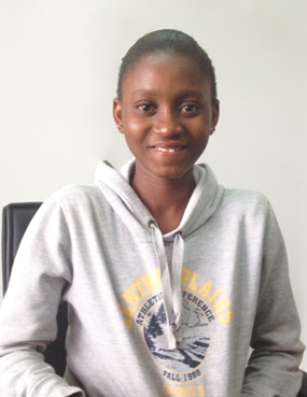
“I want to develop new medicines and end the use of fake and expired drugs.”
Ayomide
Faculty of Science
Lead City University (LCU)
BSc Expected in 2019
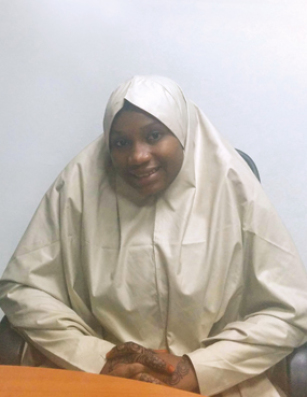
“Girls in my community are encouraged to get married after secondary school and to focus on taking care of their children. But I want to go to school.”
Abassiya
Faculty of Science
Bayero University Kano (BUK)
BSc Expected in 2019
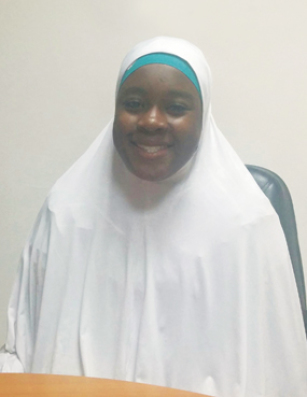
“I dream of becoming a gynecologist.”
Fatima
Faculty of Science
Bayero University Kano (BUK)
BSc expected in 2019
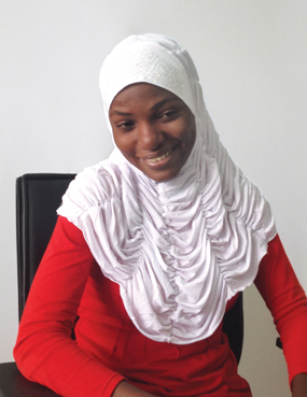
“I want a hospital built in my community in order to improve health care services.”
Zainab
Faculty of Science
Bayero University Kano (BUK)
BSc Expected in 2019
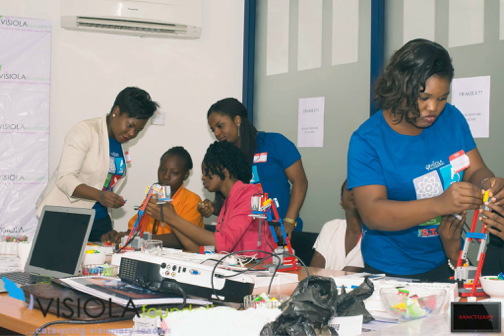
Highlights from the 2015 STEM Summer Camp for Teenage Girls
The Visiola Foundation’s 2015 STEM Summer Camp for Teenage Girls took place in Abuja on August 17 – 22, 2015 at the lovely Oakland Center. The camp was an exciting weeklong program designed to pique the interest of teenage girls in the STEM fields from an early age. Students at the camp learnt valuable skills in critical thinking, problem solving, and teamwork as they were taught to view the world through the lens of the STEM subjects. Successful female African STEM professionals working in diverse industries also mentored the girls. The STEM Summer Camp comprised engaging classroom coursework, practical team activities, fun games, mentoring sessions, and four group projects covering engineering/mechanics concepts, electronics, robotics, and computer programming. During the camp, the students built industrial mixers, electric circuits, FM radios, alarm systems, a crane, an elevator, robot cars, and computer animations using Scratch software developed by the Massachusetts Institute of Technology (MIT). In addition, the girls were coached to become better public speakers and to give engaging presentations.
Ojo Francis O’size, the Operations Director of E2 Young Engineers Nigeria and a self-proclaimed “STEM Evangelist” was the technical partner for the camp. His company, Young Engineers, combines education and entertainment to train future engineers using fun games. During the camp, O’size emphasized the importance of students thinking like and becoming problem solvers.
The Visiola Foundation’s 2015 STEM Summer Camp was also supported by Intel Corporation Nigeria’s She Will Connect Programme and was attended by Intel Spokesperson, Titilope Sonuga. Sonuga, the award-winning poet, shared her personal journey to becoming a civil engineer with the girls and told them that, “you don’t have to be one thing. You can combine your love for art with engineering, as I have done as a poet.” She also encouraged them to use the internet to learn as much as they can, especially things that aren’t taught in their schools. “You can learn anything using the internet and you can teach yourself. Imagine, I learnt graphic design by tinkering with Adobe. If I did it, you can too!” she said.
Other mentors and speakers at the camp included Yewande Akinola, a Design Engineer at Arup and the 2012 UK Young Woman Engineer of the Year; Johanna Amunjela, a Namibian scientist and PhD Scholar at the University of Aberdeen whose breakthrough discovery in cancer research was featured by the BBC and leading international journals; Marieme Doukoure-Amoa, a Senegalese industrial engineer at Intel Corporation in Silicon Valley, Mudi Apoe, a software engineer and Vice President at Goldman Sachs; and Elizabeth Biney-Amissah, a Ghanaian scientist and Mason Fellow in the mid-career Master in Public Administration Program at the Harvard Kennedy School of Government who has worked on Wall Street and has developed a number of electricity generation projects in West Africa as the Head of eleQtra Ltd.
Global research notes that women with mentors, role models, and networks forged from an early age and growing throughout their careers tend to be more successful than their peers.
Please click on this link to watch a brief slideshow from the STEM Summer Camp.
did you know
Africa produces just 1.1% of global scientific knowledge.
There are just 79 scientists per million Africans, compared to 4,500 per million people in the United States.
Of those scientists and engineers who are trained in Africa, most work elsewhere due to the lack of infrastructure and resources.
55% of people surveyed in Nigeria in 2011 disagree with the statement, “A university education is more important for men than for women.”
Quality education is still a challenge! The ratio of pupils to trained teachers is higher than 100:1 in the Central African Republic, Chad, Guinea-Bissau and South Sudan.
ICT for Education works! BridgeIT in Tanzania has helped to improve grade 5 students’ mathematics and science scores.
The gaps in grade 8 mathematics scores between Greater Accra and other regions were smaller in 2011 than in 2003.
